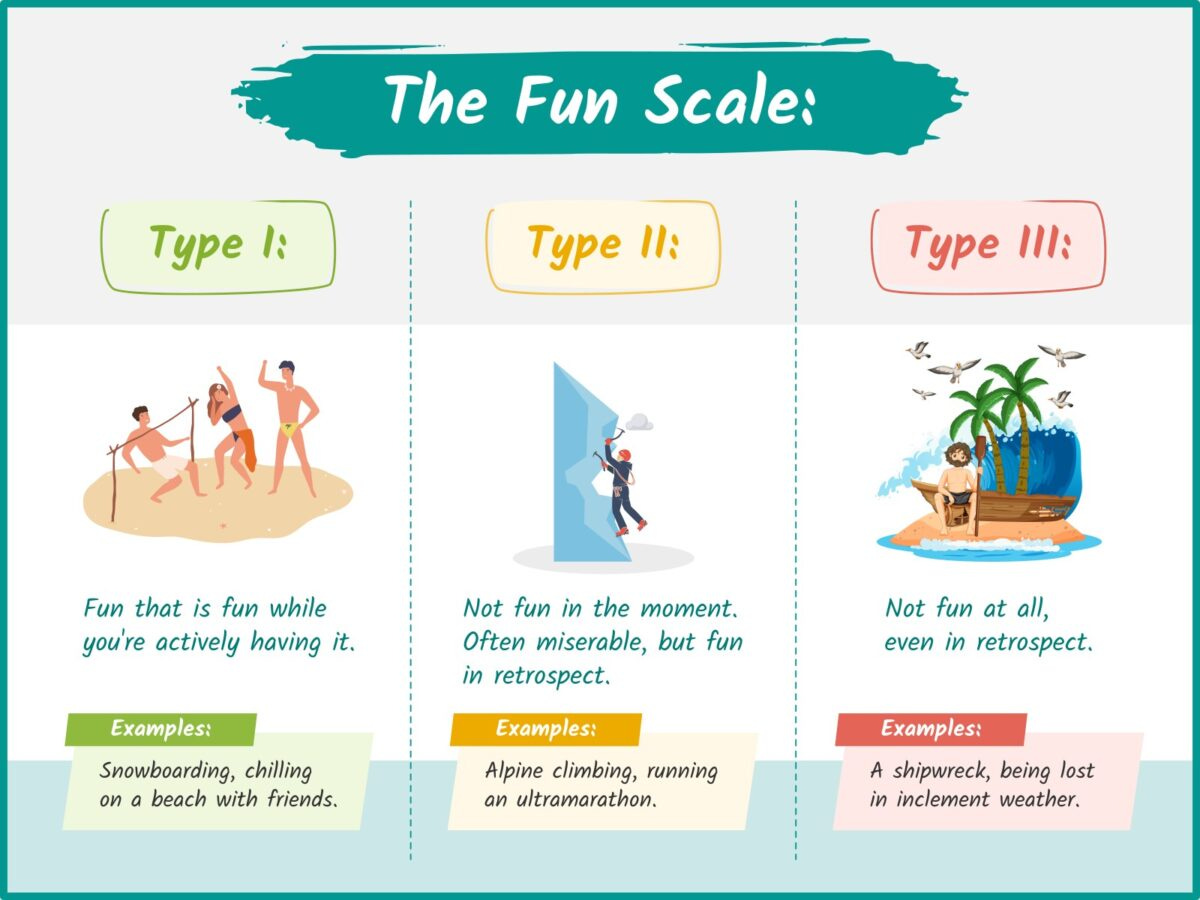February 2025: Carried Away
How did Trump make everybody so mean?
We have good answers on a materialist level if we treat Americans as automata responsive to their environment. Economic and social disruption distresses people and anti-moral cynicism is the obvious consequence of extreme political anger and anxiety, a common fatalistic analysis states.
Except that this explanation is external to the self. It explains why one might come to give up on a moral compass, but not how that process unfolds. More critically, this framework discounts that individuals are agents capable of ethical reasoning, however flawed. Almost all people, I dare to assume, reflect on their politics and follow some sense of what they perceive to be right. Social scientists may be correct that meanness arises from circumstances, but meanness also comes, more proximately, from people’s hearts and minds. We can answer my original question not only in materialist, social science terms (which has been done plentifully) but also on a psychological level. How is it that a basic sense of human decency, internal to the self, isn’t enough of a check to resist ethically corrosive pressures?
This puzzle is especially important to consider in light of the conservative intellectuals (‘clercs,’ as Anne Applebaum calls them) who continue to legitimize a government that they must, deep down, know to be destructive. How do they convince themselves that they are not awful human beings? Surely not all of them are spineless and soulless. Right?
(I move forward under the tentative, uncertain assumption that many in Trump’s camp, followers and leaders alike, retain some shred of ability to respond to moral persuasion.)
Enter the ‘fun scale,’ introduced to me by (I hate to admit) an Instagram post.
Type 1 fun is easy. Type 2 fun is painful, but ultimately more rewarding. Type 1 is instant gratification, Type 2 is delayed gratification. Type 3 fun is never gratification; it is pain for its own sake. One would never choose Type 3 fun, right? That would be masochism.
Except that Type 3 fun might be disguised as Type 2 fun. You never know what not-fun-in-the-moment experiences might be fun later, so you stumble into ones that might not be worthwhile. I see it all the time when people work too hard — even when there is no obvious reward — for what? Because Type 2 fun often requires us to learn to love our momentary pain, that instinct can carry over into a Type 3 situation where that deliberately re-trained proclivity is now self-destructive.
My (over-generalized) hypothesis is that liberals have a Type 1 psychology, while (historically) conservatives have a Type 2 psychology. Marijuana and student loan forgiveness — Type 1. Fiscal austerity and balanced budgets — Type 2.
But similar to my over-working classmates who jeopardize their happiness with Type 3 fun, conservatives are jeopardizing their integrity with Type 3 ethics. Ronald Reagan wanted social welfare cuts to promote self-reliance and overall growth (or at least that’s what he said publicly). Today, conservatives want social welfare cuts because the poor deserve to suffer. An instinct that originally restrained itself from superficial kindness to help people on a more fundamental level has evolved into one that rejects kindness altogether. What they do to kindness, they do to freedom. Conservative judges wanted to curtail excesses of free speech, ultimately to further a more constructive space for true dialogue in schools and society. Today, Trump’s team wants to ban books and silence opponents, clearly not in pursuit of a more profound freedom of expression.
My point is that anti-morality has always been latent in the conservative psyche. For decades before Trump (perhaps beginning with Milton Friedman and Ayn Rand?), conservatives have rejected the most obvious manifestations of kindness, justice, and freedom as superficial and counterproductive once you think more carefully about it. Sometimes they are right. Type 1 ethics is often short-sighted, just as Type 1 fun can be indulgent and irresponsible. The road to hell is paved with good intentions, sometimes.
But the road to hell is more often paved with bad intentions. I thought that was obvious. Conservative intellectuals, taken to their extreme, have the horrifying power to turn our moral intuitions upside-down so that what seems bad must surely be the best we can do, and what seems good can’t possibly be. In short, Type 2 ethics is valuable, but we should pursue its ultimate objectives, not its strictness for its own sake. Otherwise, we are on a slippery slope to Type 3 ethics.
If you happen to think that I am exaggerating, look for the not-as-small-as-you-would-hope fraction of Trump voters who are essentially apocalyptic. (Heroes of the Fourth Turning offers an interesting portrayal of a Catholic variant of this doom-and-gloom mentality.) These voters want the American order to be thoroughly razed, not proximately because it would offer a chance to rebuild fresh (Type 2 order) — which must surely be where they began before they devolved — but because they embrace a dark love for destruction (Type 3 order). I do not believe that this mentality predominates the MAGA movement, but it certainly has a hold on its steerers.
I am frightened and upset by this transformation of American conservatism. Everyone has a right to choose Type 3 fun, even if it is misguided and pointless. You do not have a right to choose Type 3 empathy and inflict your hateful paternalism upon others. If you allow your moral compass to lose its bearings, you fail your democratic duty to look out for one another.
Despite all this, I will not take a side between Type 1 and Type 2. I think it would be oversimplistic liberal condescension to encourage everyone to be more naïve, to embrace Type 1 kindness, justice, and freedom with a joyful moralism. I will end more cautiously: Be careful whenever you think your actions and beliefs are Type 2 ethical. You just might be Type 3 ethical — that is, unethical.




